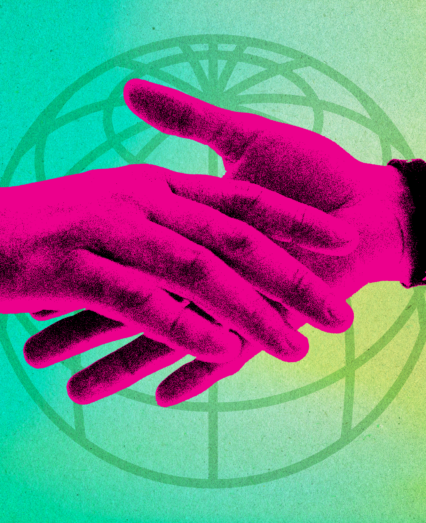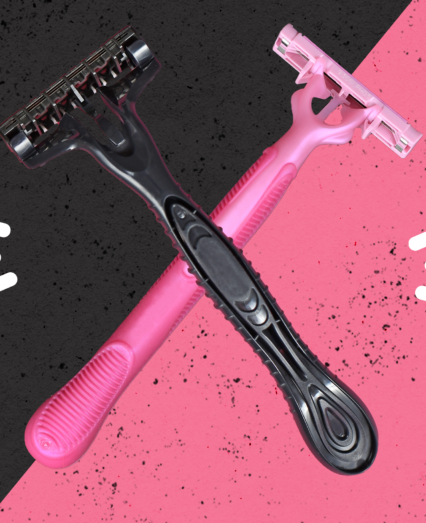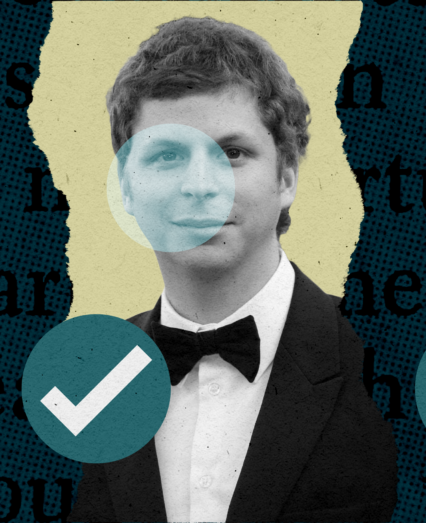“What is Black Twitter? Shouldn’t it just be considered… Twitter?”
My boyfriend asked me when I told him I was writing a blog on Twitter’s most celebrated niche. And when he said that, it really got me thinking.
Has #BlackTwitter evolved to become the face of one of the world’s most frequently updated social media platforms?
https://twitter.com/DillonJaden/status/830480341408292864
It’s no secret that black influence has played a major role in the development of American popular culture, and because social media is essentially a digital version of our physical world, black influence has shaped that sphere in equally impactful ways. African Americans have consistently driven the conversations that unfurl on social networking sites despite a lack of diversity in the boardrooms of the same sites they dominate. From HuffPo to South By, the attraction of Black Twitter has expanded past the bounds of social media. I mean, when you’re described by Nielsen as “an influential cluster of users who consistently drive global trending topics and cultural conversations” you KNOW you’ve made it.
https://twitter.com/dstfelix/status/780621259293986816?ref_src=twsrc%5Etfw
But what is the subculture we’ve come to know as Black Twitter and why is it so captivating to all people, not just people of color? Maya K. Francis says it best:
“Black Twitter is like a digital unfolding of cultural blackness. The stoop. The back tables in the cafeteria during lunch period. The corner. Ball courts. Barbershops. Church. Technology is reconstituting the traditions embedded in the history of black rhetoric. The anonymity of the Internet provided a new gathering space.”
https://twitter.com/Joe_Schmucc/status/372392080162566144
In short, Twitter has created a new type of space for black people to connect and converse over shared experiences that are integral to their everyday lives. Although Black Twitter is responsible for popularizing Twitter phenomena such as the “flyout” and “story time,” plus more viral memes than you probably realize, it’s also the place where #BlackLivesMatter, #SandraBland and #JusticeForTrayvon were born.
It’s a hotbed of internet culture but also a space for marginalized people to express solidarity and raise awareness of inequalities.
My favorite thing about 2017’s biggest #BlackTwitter moment thus far is that it could’ve gone in the complete opposite direction, especially if you consider the social and political climate that has created an abundance of political correctness.
Back in the early days of January, Yahoo Finance confused the “b” and “n” keys while describing President Trump’s desire to build a “bigger” Navy. Black Twitter ran with it and within a few short hours, #N****rNavy was a trending topic.
https://twitter.com/JayKenMinaj/status/817246542717292545?ref_src=twsrc%5Etfw
#NiggerNavy Seal pic.twitter.com/9R6Gm2oxxY
— Blayoff B (@3CarryOnItems) January 6, 2017
I can't breathe 😭😭😭 RT @melaninist: Black twitter remains unmatched 😂😂😂 #NiggerNavy pic.twitter.com/j5uFF0OKUl
— ❕ Boo Boo Da Fool ❕ (@GUttA_AiNt_SHiT) January 8, 2017
To appreciate Black Twitter, you don’t necessarily have to be black. But you do have to have an understanding of what it’s like to be black in America, what it’s like to be raised in a black household, or at the very least, be invested in black popular culture. Themes related to the black experience are threaded throughout #BlackTwitter and if you cannot resonate then it’s a lot like hanging out with a group of friends who speak strictly in inside jokes: completely isolating.
But hey, not everything is meant for you. So at the tail end of this Black History Month, if you do nothing else, take some time to delve into the depths of Black Twitter and appreciate the excellence that is black humor.


